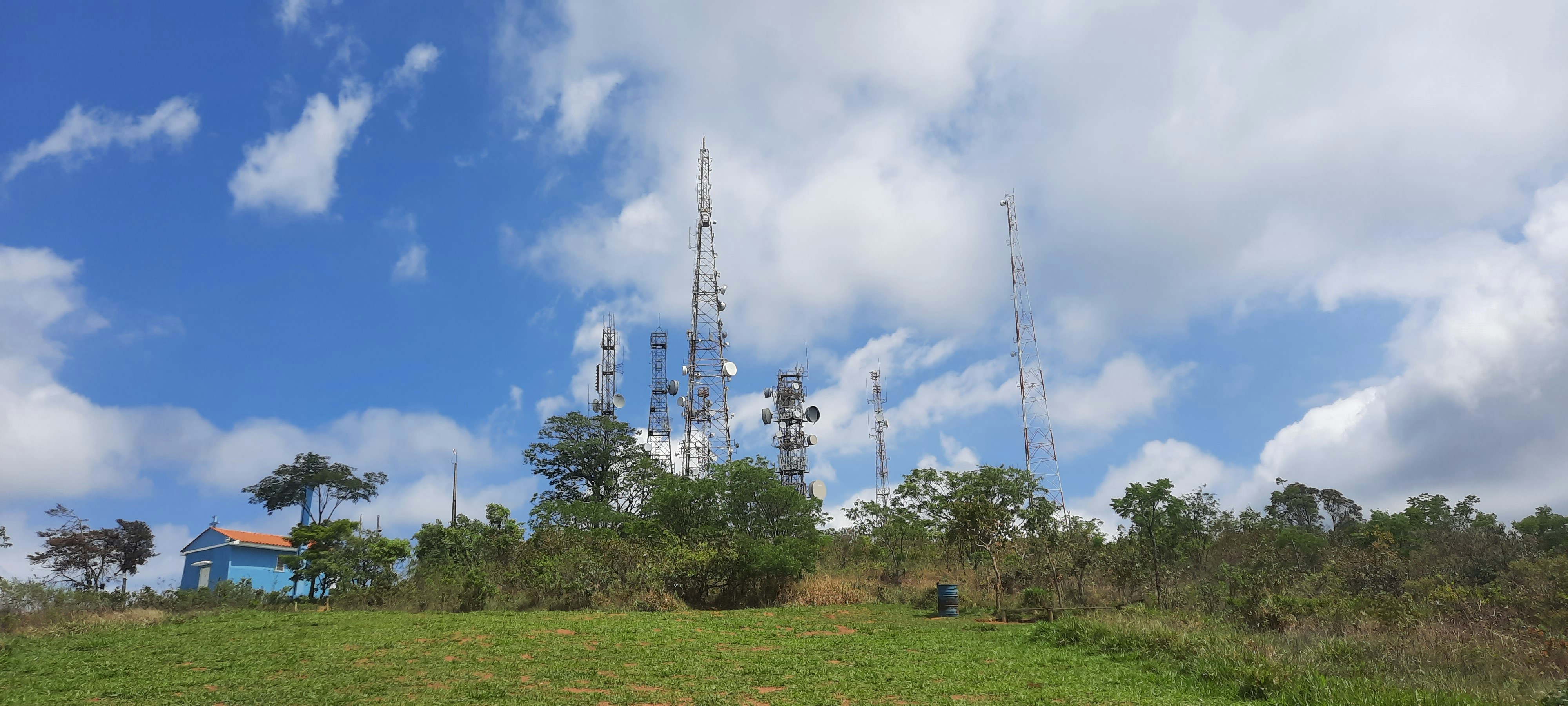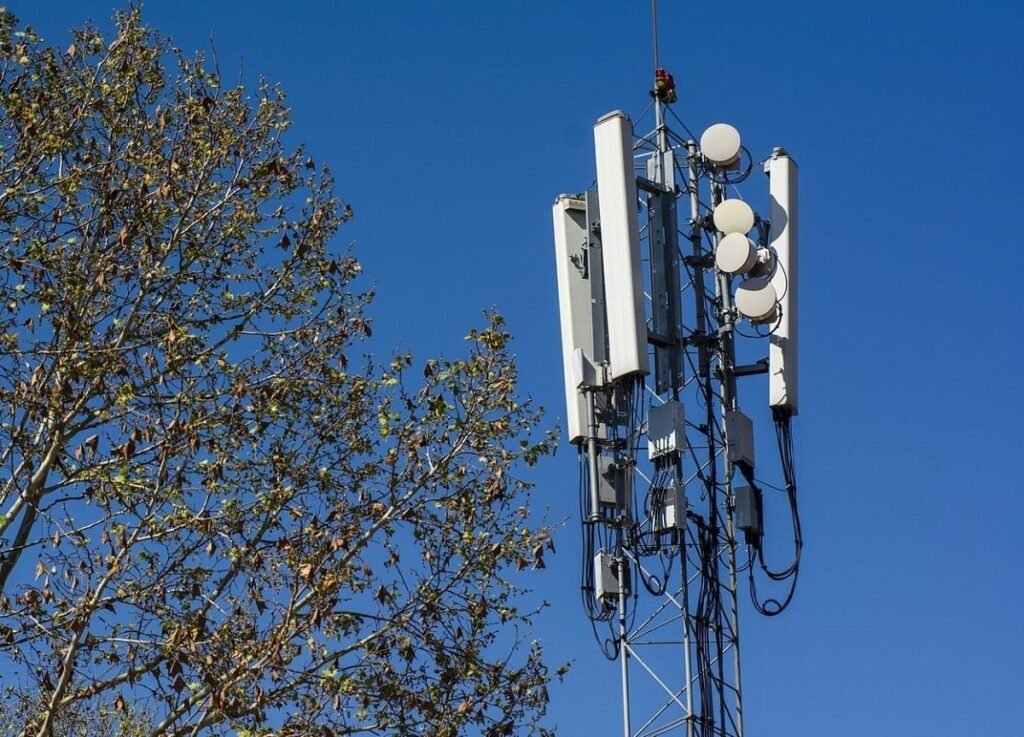The Indian telecommunications industry is currently buzzing with news about the ongoing dispute between the leading telecom operators regarding inter-band spectrum sharing. While Airtel and Vodafone Idea have been advocating for sharing of spectrum, Jio, which is the latest addition to the Indian telecom sector, has been opposing the proposition.
In a recent development, India’s leading telecom operator Reliance Jio has opposed inter-band spectrum sharing while its competitors Airtel and Vodafone Idea are in favor of it. The disagreement has once again brought the spotlight on the issue of inter-band spectrum sharing in India’s telecom industry.
Inter-band spectrum sharing is a process in which telecom operators share their spectrum with each other to increase their network capacity and improve the quality of their services. Spectrum is a crucial resource in the telecom industry as it is the radio frequencies used to transmit voice and data signals over mobile networks.
The issue of inter-band spectrum sharing has been a contentious one in India’s telecom industry for many years. The Telecom Regulatory Authority of India (TRAI) had earlier recommended that inter-band spectrum sharing should be allowed, subject to certain conditions. However, the matter is still pending with the Department of Telecommunications (DoT).
Reliance Jio, which is currently the market leader in terms of subscribers, has argued that inter-band spectrum sharing would give an unfair advantage to its rivals. The company has claimed that its competitors have more spectrum than it does and allowing them to share their spectrum would give them an unfair advantage.
On the other hand, Airtel and Vodafone Idea have argued that inter-band spectrum sharing is necessary to improve the quality of their services and meet the growing demand for data in the country. They have also claimed that Jio has been allotted more spectrum than it needs and that the company is hoarding spectrum.
The debate over inter-band spectrum sharing is not a new one. In fact, it has been raging in India’s telecom industry for many years. The issue has also been the subject of litigation in the past. In 2015, Airtel and Vodafone had approached the Telecom Disputes Settlement and Appellate Tribunal (TDSAT) seeking permission to share their 3G spectrum. However, the matter was later resolved when the DoT allowed telecom operators to share their spectrum in the same band.
The issue of inter-band spectrum sharing has become even more important in recent years as telecom operators in India have been struggling to meet the growing demand for data. The rise of over-the-top (OTT) services such as Netflix and Amazon Prime Video has led to an explosion in the amount of data being consumed by Indians. According to a report by the Ericsson Mobility Report, the average data usage per smartphone in India is expected to increase from 14.6 GB per month in 2021 to 37 GB per month in 2027.
The demand for data is only expected to increase in the coming years as India rolls out its 5G network. 5G is expected to revolutionize the telecom industry by enabling faster speeds, lower latency, and greater connectivity. However, the rollout of 5G in India has been delayed due to various reasons, including the issue of inter-band spectrum sharing.
In conclusion, the issue of inter-band spectrum sharing has once again come to the fore in India’s telecom industry. While Airtel and Vodafone Idea are in favor of it, Reliance Jio has opposed it. The matter is still pending with the DoT, and it remains to be seen how it will be resolved. However, one thing is certain – the demand for data in India is only going to increase in the coming years, and the issue of inter-band spectrum sharing will need to be addressed sooner rather than later.
Follow TelecomByte for the latest Tech News, also keep up with us on Twitter, and Facebook.




